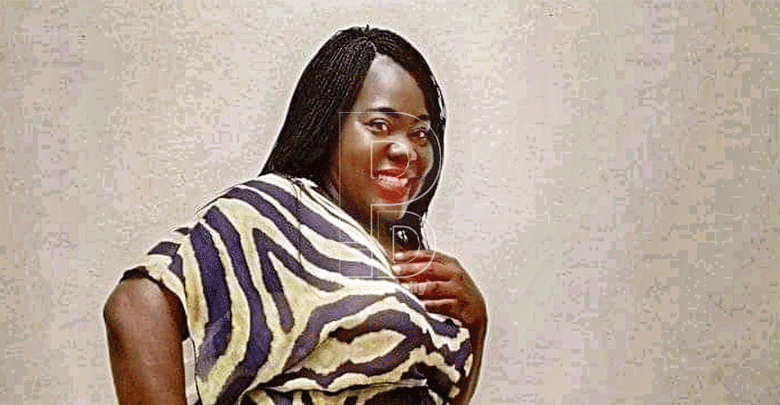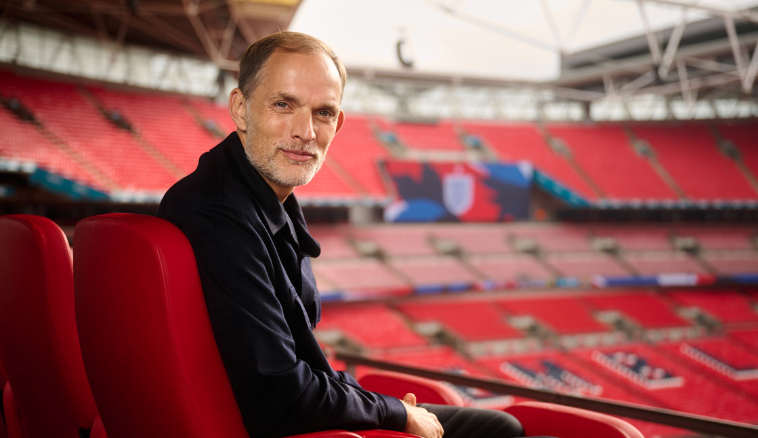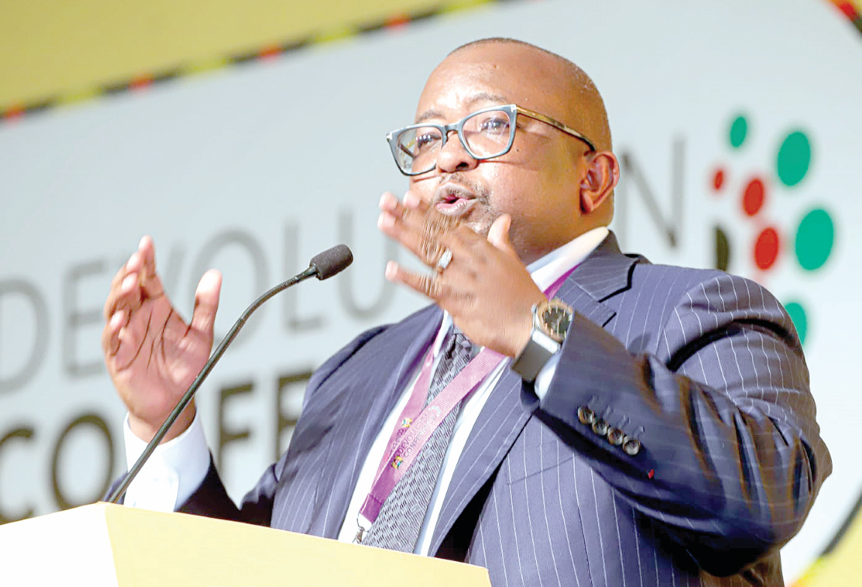My tumultuous childhood almost ruined my future

Harriet James@harriet86jim
Growing up in a polygamous home was not easy for Faith Atieno Ogoma, a hair dresser and a housekeeper in the Middle East.
Fighting for a sense of belonging, jealousy, anger and resentment is what characterised her relationship with her family.
It all began when her parents separated in 1990 when she was just seven years, and went to live with their maternal grandparents in Migori.
Together with her brother and sister, they were forced to live with her dad and step mother. Her father served in the army as a senior sergeant until his retirement.
Faith later learned that her mum and dad separated after her brother was pushed from a high-rise building in Lang’ata Barracks to his death.
The first suspect was her step mum, but Faith’s father bailed her out. Her mother believed that it was cold blood murder and as a result, she became depressed and was taken to a mental hospital.
How hostility was bred
Before she learnt of the separation, Faith confesses to have hated her mother for leaving them. But at the age of 16, she began visiting her mother and taking care of her.
“I was the only person my mother related to well. She was toxic and dangerous to anyone who provoked her and when I was not around, she would be tied up. However, she was calm around me,” recalls Faith.
Their conversation ranged from normal life issues to jokes. The only conversations that drove her mother crazy were those of her late brother.
However, these visits did not sit well with people who thought Faith was crazy to continue building her relationship with her mother. “She would gladly introduce me to people.
They gave me the nickname, dawa ya Lorna, (my mother) and always warned me not to associate with her.
But I knew she was my mum and I loved her no matter her condition. I overlooked what people saw and believed in her,” she says.
Due to the fact that Faith treated her as a normal person, this gave her mother confidence in her and the doctors recommended her to visit her often.
Whenever her mother became hostile, Faith remembers how healthcare workers would come to fetch her at Nyabisawa Girls High School in Migori, a boarding school, just to calm her mother down.
“She would tell me to ask the doctors to stop giving her injections meant for mad people — that I should stop them from treating her like a mad woman.
I would act like she demanded and she would literally become normal. I never feared her I would even spend my night by her side.
In fact, she would brutally harm anyone who stood against me and she always knew whenever I was in problem,” Faith adds.
In 2007, Faith got a message that her mother was missing from the mental institution.
They later on found her dead in a chief’s camp in Lang’ata and post-mortem results showed that she was strangled to death.
Rumours went around that her biological dad had a hand in her murder.
“It was so hard to believe and accept that she was gone. I couldn’t forgive my father for the rumours I heard about him.
We abandoned him in the village and avoided going anywhere near him or hearing from him,” she says
The bitterness grew and Faith admits that she lived in anger, pain, agony, resentment as well as hatred for men.
She recalls settling down with one man in 2005 and after the loss of their daughter in 2006, she left because of her bitterness.
“I was always in pain. I became alcoholic. I lost respect for men. I developed a hobby of staying indoors, playing loud music and preferred staying by myself.
I stopped visiting friends and would fight anyone that hurt a woman right before me,” she narrates.
Faith was married again in 2014 and she continued deflecting her anger to her partner. When her man became toxic, Faith recalls extending the anger and pain to their two boys.
Burrying the hatchet
“I didn’t know what I was dealing with until I started regretting my actions. I would beat up my children for the mistakes of their dad.
I was losing it by the day. I didn’t know the cure was in forgiveness. I didn’t know my problem was how I felt about my father. The last thing I wanted to hear was how I should forgive,” Faith narrates
Faith and her partner parted ways in 2019. She got a job in the Middle East, and therefore, they decided that he would stay with the children while she was away.
“I allowed him to bond with his children because I care about my children’s emotional growth. Irrespective of our differences, my boys need their father,” she adds.
While away, Faith began her healing journey and dealt with the anger and bitterness in her heart.
She had to first forgive her siblings as she blamed them for not being there for their mother and neglecting her.
“My elder brother used to be ashamed of mum and denied her several times. I hated them for neglecting mum, but we all decided to team up as a family and forgiveness took power.
We love and support each other now,” she says.Though her father passed away too, Faith is glad that she had made peace with him.
“When I took a bold step to forgive my dad, I felt lighter and relieved. It’s like something lifted off my chest,” she reveals.









